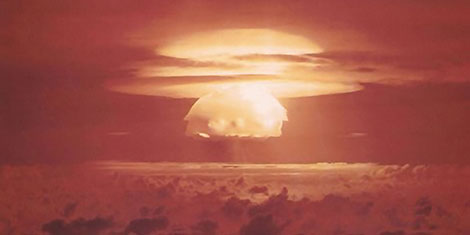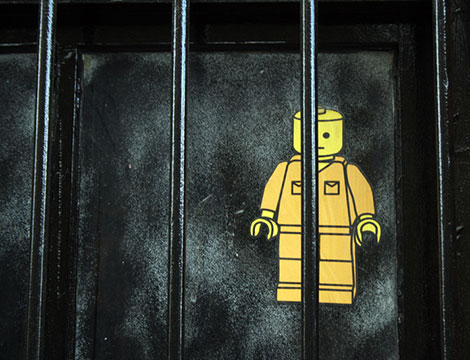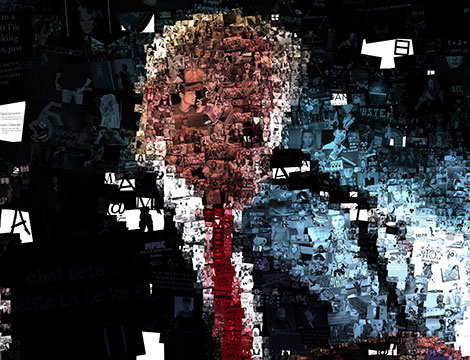
This article was originally published by War On The Rocks on 3 October 2017.
Nuclear alarmism is reaching a fever pitch in Washington. President Donald Trump has responded to North Korea’s push toward a nuclear-capable ICBM with paroxysms of bluster: He warned that North Korean threats to the United States would “be met with fire and fury like the world has never seen,” proclaimed Kim Jong Un a “Rocket Man” (and now “Little Rocket Man”) on a “suicide mission,” and averred the North Korean regime “won’t be around for much longer.” Other members of the administration have echoed the president’s rhetoric: National Security Advisor H.R. McMaster suggested that Kim is undeterrable. U.S. Ambassador to the United Nations Nikki Haley trumpeted “plenty of military options.” The White House has engaged in open discussion of preventive war.



